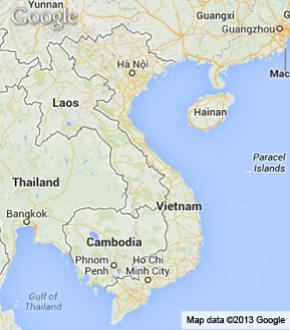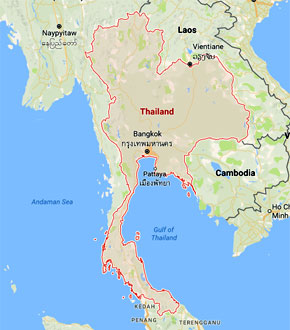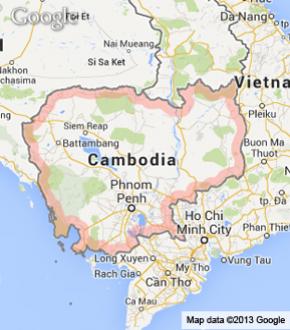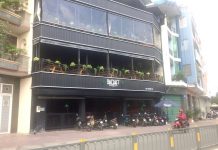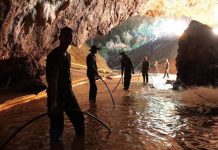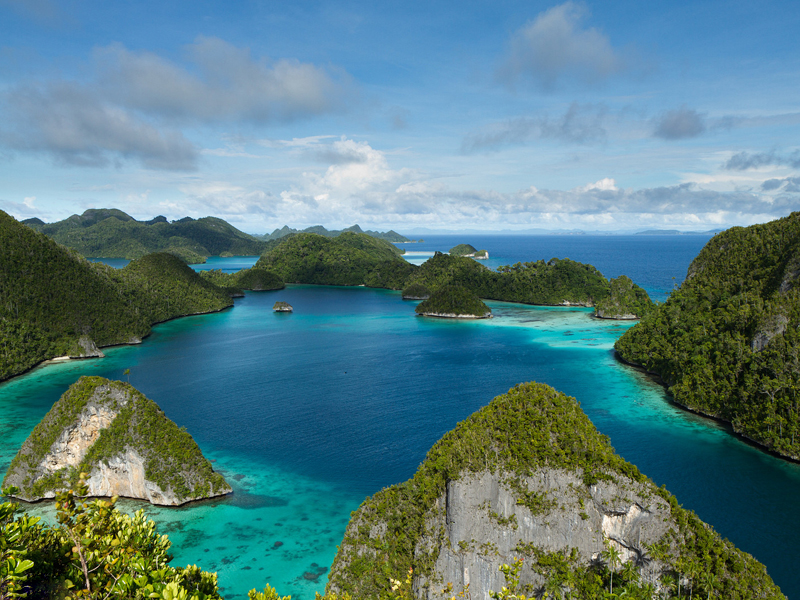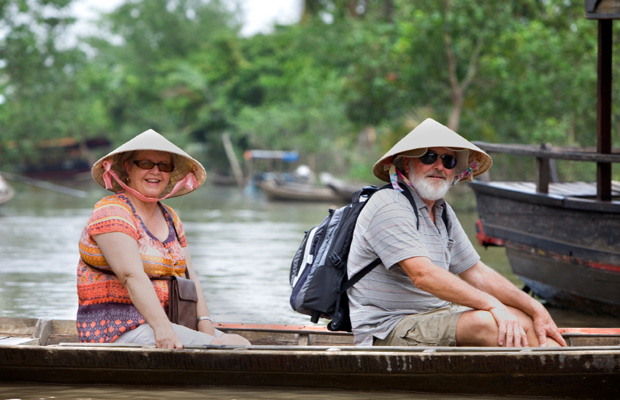Thailand’s coup leaders have been criticised for giving military officers broad police-like powers to arrest and detain, further eroding the capabilities of civilian authorities in the junta-run state. Soldiers from the rank of sub-lieutenant and higher will now be allowed to prevent or suppress 27 types of offences, including crimes against public peace, defamation, gambling, extortion, and labour abuses. They will also be allowed in some cases to search property without a warrant.
The military is now authorised to seize assets, suspend financial transactions and ban suspects from travelling. Colonel Piyapong Klinphan, a spokesman for the junta, said the order was implemented to prevent crimes that pose a danger to public order.
Thailand is a longtime US ally but relations have soured since prime minister Gen Prayuth Chan-ocha came to power in a 2014 coup. His “interim� administration has promised to hold elections although they are not planned until at least mid-2017. Under army-rule, civil liberties have been cracked down on with arrest of dissidents, reporters and politicians. Last week, the junta banned Thai journalist Pravit Rojanaphruk from attending a press freedom event in Finland.
The government has also announced a new draft constitution that creates a senate whose members would be hand-picked by the military and a contentious provision that critics say allows the prime minister to be appoint, not elected.


